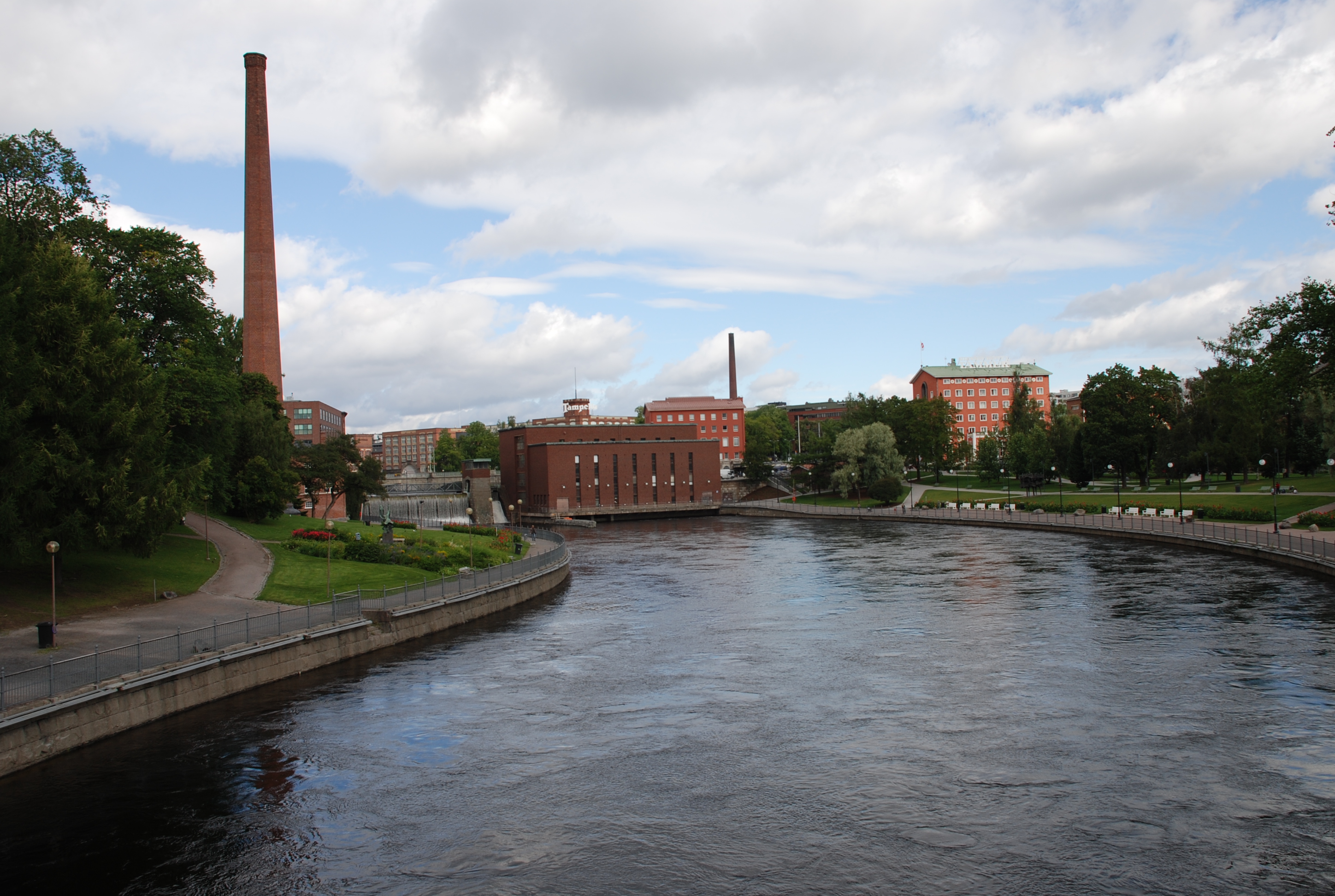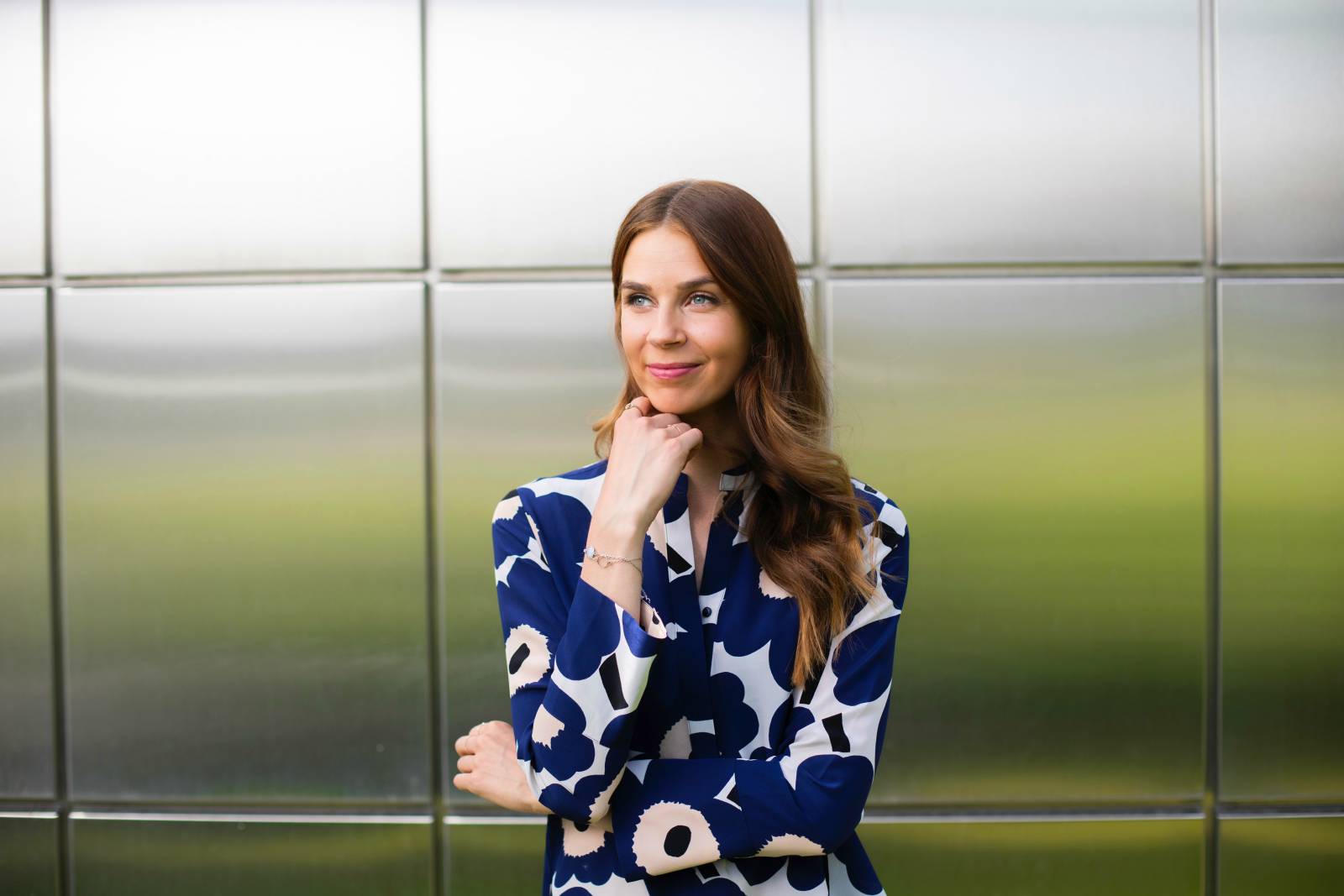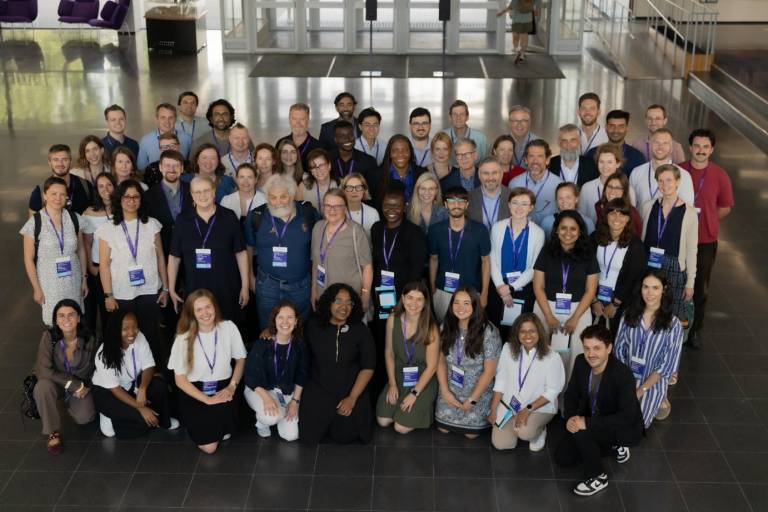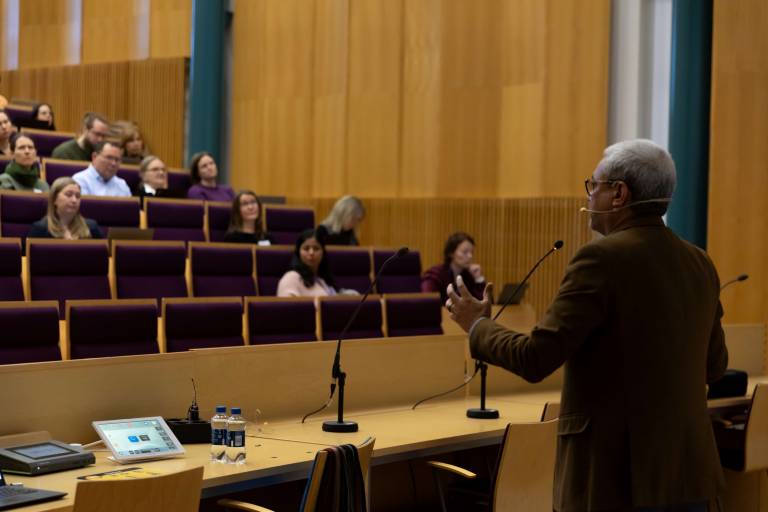The idea of ‘building back better’ from COVID-19 is admirable, but it is not happening without companies redesigning their business models.
The past six months represent one of the most distressing eras for the modern business world. The COVID-19 outbreak has shot businesses into an era of the unknown, the unclear, and the unfolding. It has shown that large-scale disruptive events coming from the broader environment can shut down businesses in just a few days’ notice (and some might never be able to turn on their operations again). But it has also shown that some businesses are able to cope with disruptions far better than others, while some are even able to benefit from them.
Besides revealing the companies’ varying vulnerabilities to the external disruptions, the current crisis has also demonstrated how companies can contribute to solving them. More companies have become aware, started to care, and many more companies have started to take action. These companies have realized that by purposefully using marketplace interactions, they can meet their business needs while tackling the world’s most serious evolving challenges.
Companies act as significant harbingers of a sustainable future
In our society, companies are clearly not the only actors working to combat major challenges such as the current pandemic or the intensifying climate crisis, but their position is pivotal.
Companies are uniquely positioned to solve societal challenges, as they are the key sources of innovation in society and the productive forces in the liberal market economy. Moreover, companies have superior resources, both financial and skills-based, as well as an access to global markets to develop and diffuse solutions to the rapidly changing needs of the humankind.
In practice, whether it is developing vaccines for life-threatening diseases, creating substitutes for plastics, reinventing food systems, coding ethical artificial intelligence, or advancing equal human rights and opportunities, companies are key actors in designing, manufacturing, distributing, and selling sustainable market offerings as well as facilitating sustainable consumption.
Weak vs. strong sustainability
Despite their central role in society, and the increasing number of companies committing to sustainability, the majority of businesses are still engaged in what we call in research as weak sustainability.
To put simply, weak sustainability means that companies are just doing the minimum: their sustainability efforts are typically one-off projects under the corporate social responsibility department, having little, if anything, to do with the core business or the actual business strategy. Often, these efforts are simply set up so that companies appear legitimate.
I like to describe these efforts as the electric cigarettes of sustainability. Just as e-cigarettes, they are not risk-free, but they are less harmful solutions, bringing incremental improvements to the current practices. Unfortunately, they are insufficient to create the necessary radical transformation of companies, industries, and societies toward true sustainability. They do not shake the status quo.
For forward-looking companies, strong sustainability works as a better approach to prepare for and adapt to the constantly changing, complex, and uncertain futures. In my PhD dissertation, I explain this more in-depth.
Operating with a strong sustainability approach, companies leverage their core business and the scale advantages it offers to resolve some of the most pressing sustainability challenges. For example, the electric car manufacturer Tesla is revolutionizing the entire transportation and energy industry, a Finnish company Spinnova is developing sustainable fiber from wood and reforming the unsustainable textile industry, and a Swiss energy company tiko Energy Solutions is shaping the way for virtual power plants and smart grid technology fostering the energy transition from fossil-based to zero-carbon future. Strong sustainability already guides the business models for many future-fit companies.
A business model for sustainability
This new era, in which companies can cope – and even thrive – amidst disruption, calls for redesigning their current business models. In a state-of-the-art research on sustainable business models, Schaltegger, Hansen and Lüdeke-Freund (2016) describe a sustainable business model in the following terms:
A business model for sustainability helps describing, analyzing, managing, and communicating (i) a company’s sustainable value proposition to its customers, and all other stakeholders, (ii) how it creates and delivers this value, (iii) and how it captures economic value while maintaining or regenerating natural, social, and economic capital beyond its organizational boundaries.
To me, sustainable business model brings the worlds of strategy and sustainability together. At SHIFT 2020, I seek to show that this is not only at the core of ‘building back better’ from the COVID-19 crises, but at the core of shaping our common future for economically healthier, environmentally friendlier, and socially more balanced modes of production and consumption.
Sonja Lahtinen






Kommentit